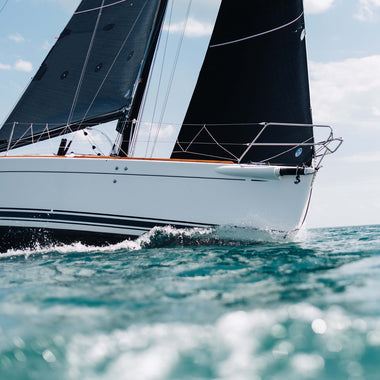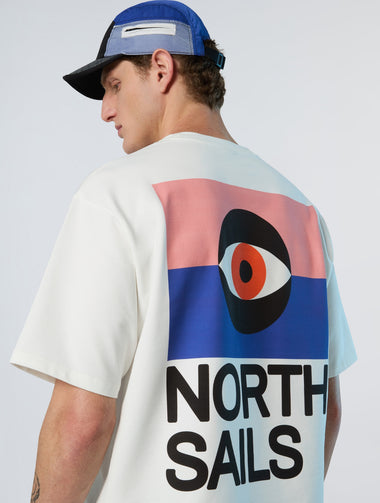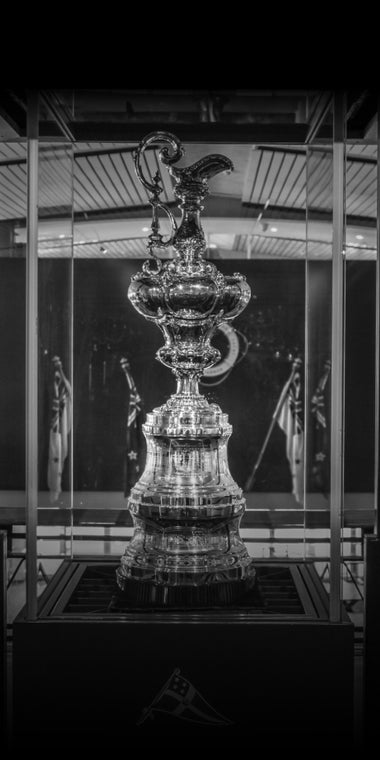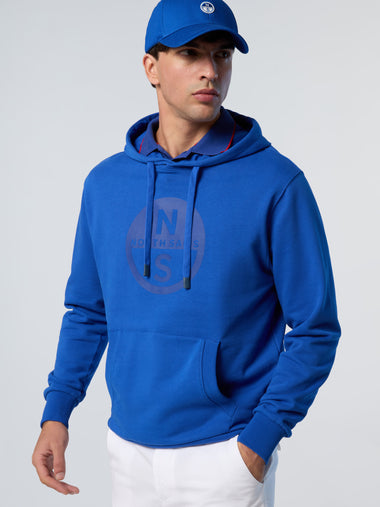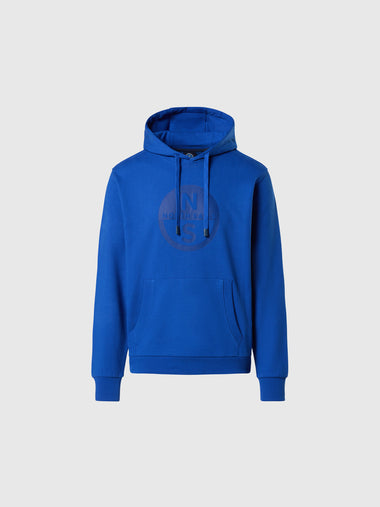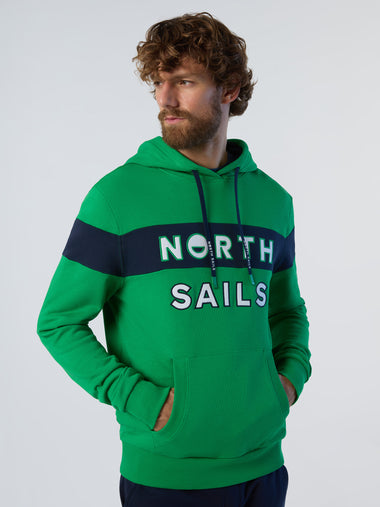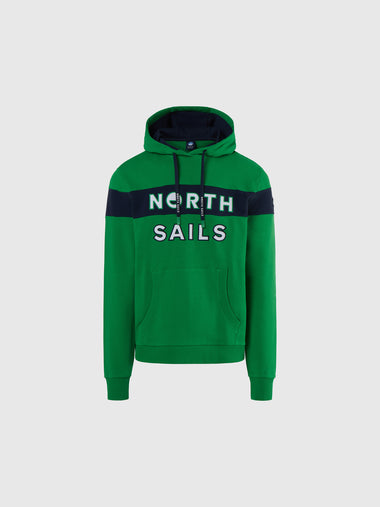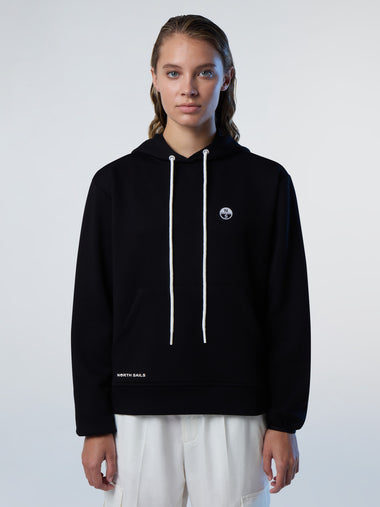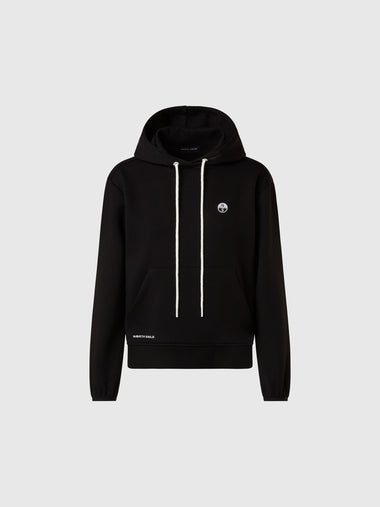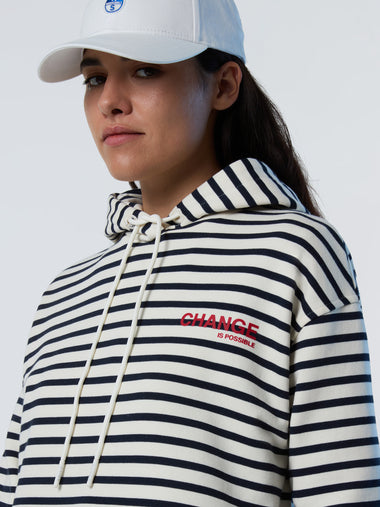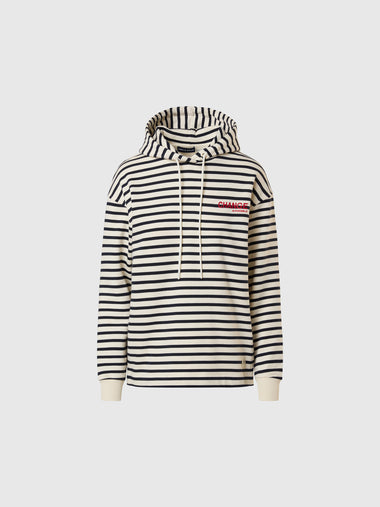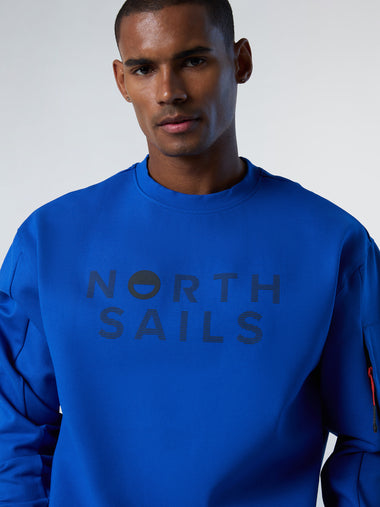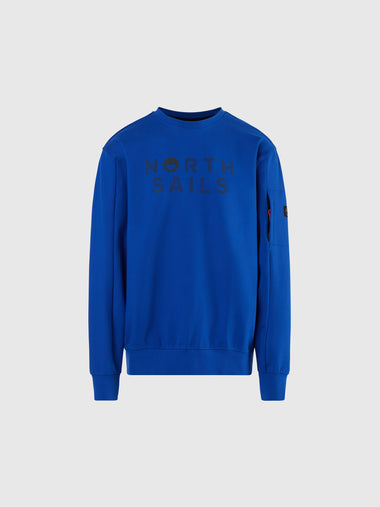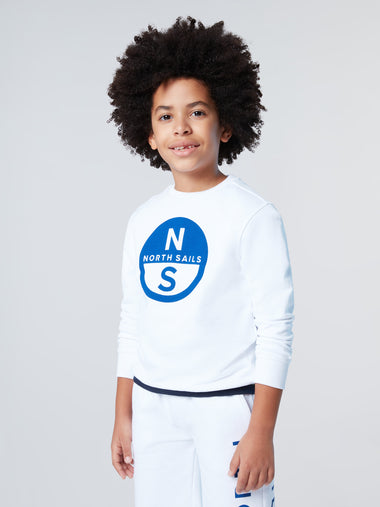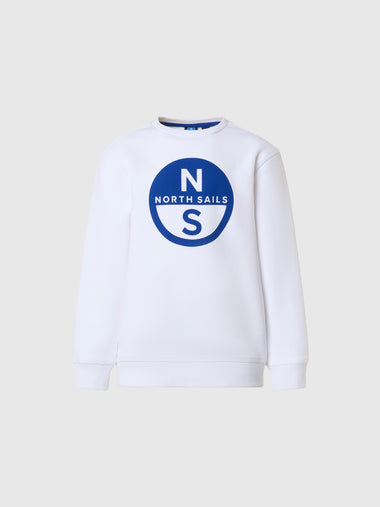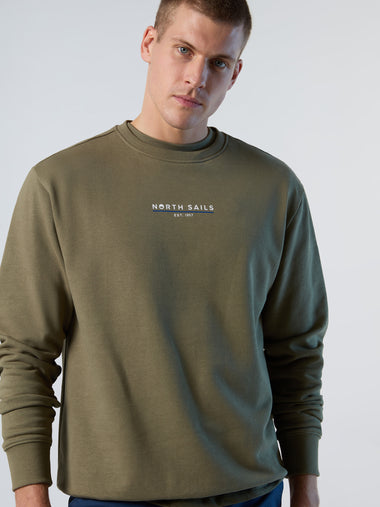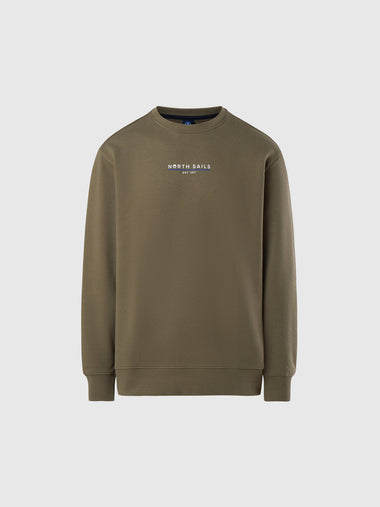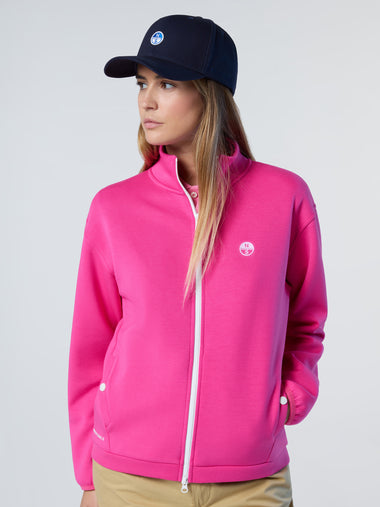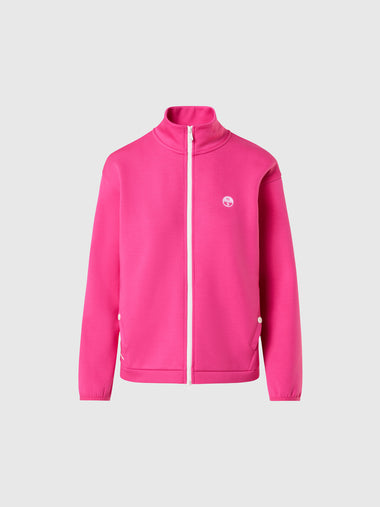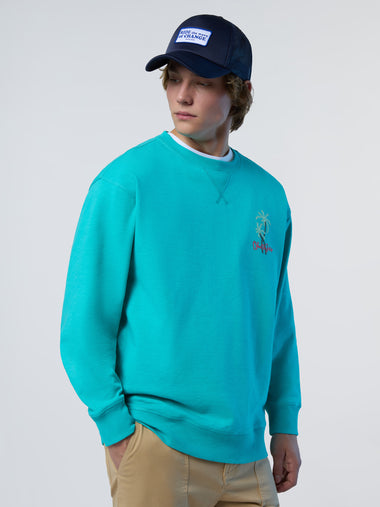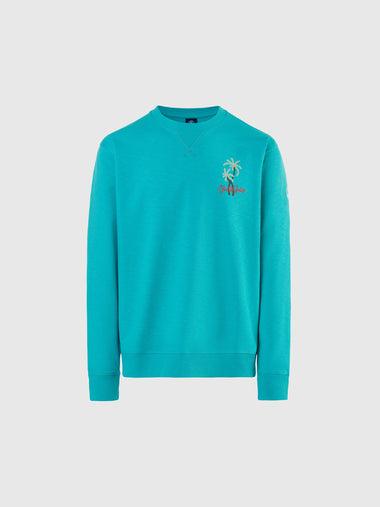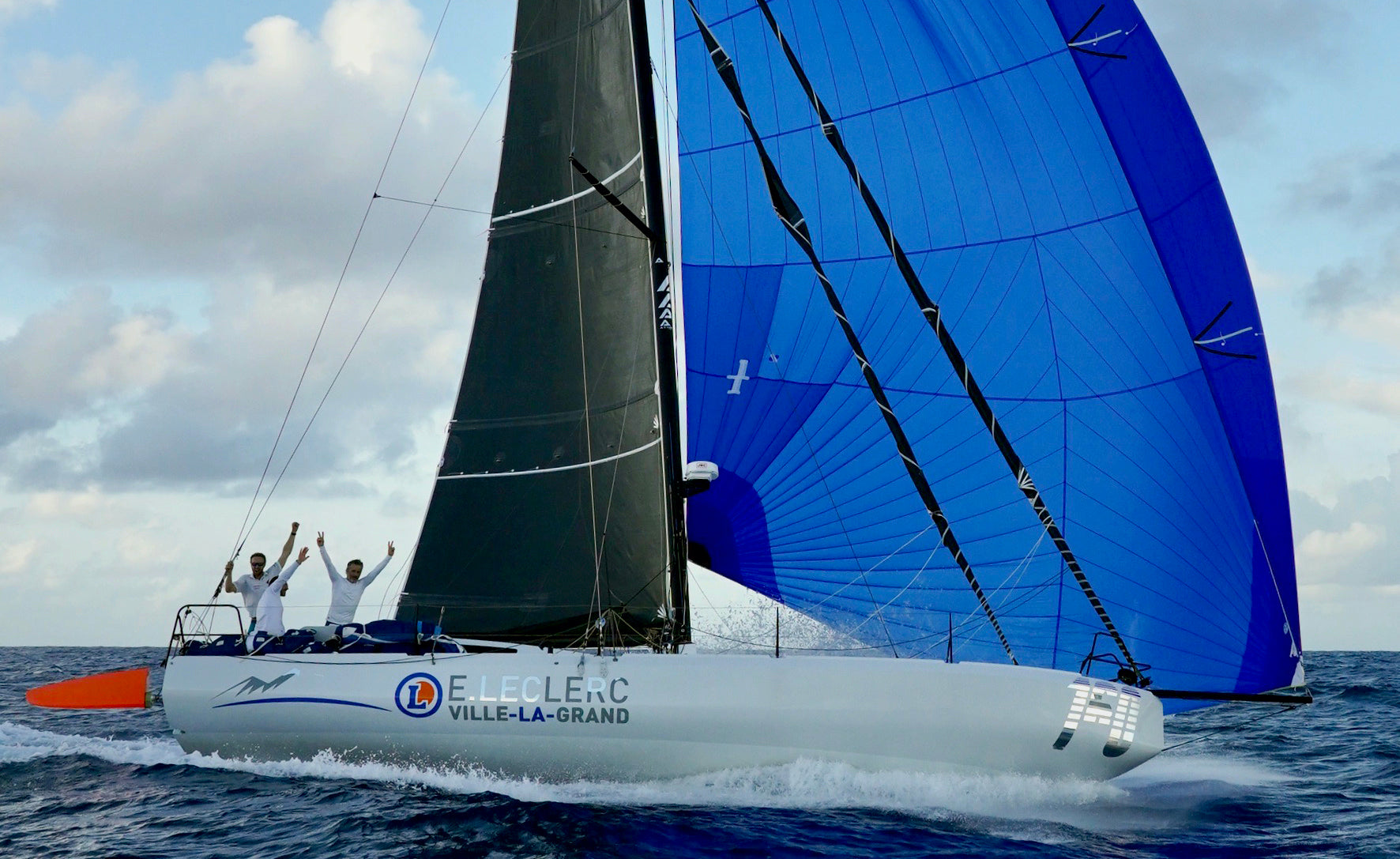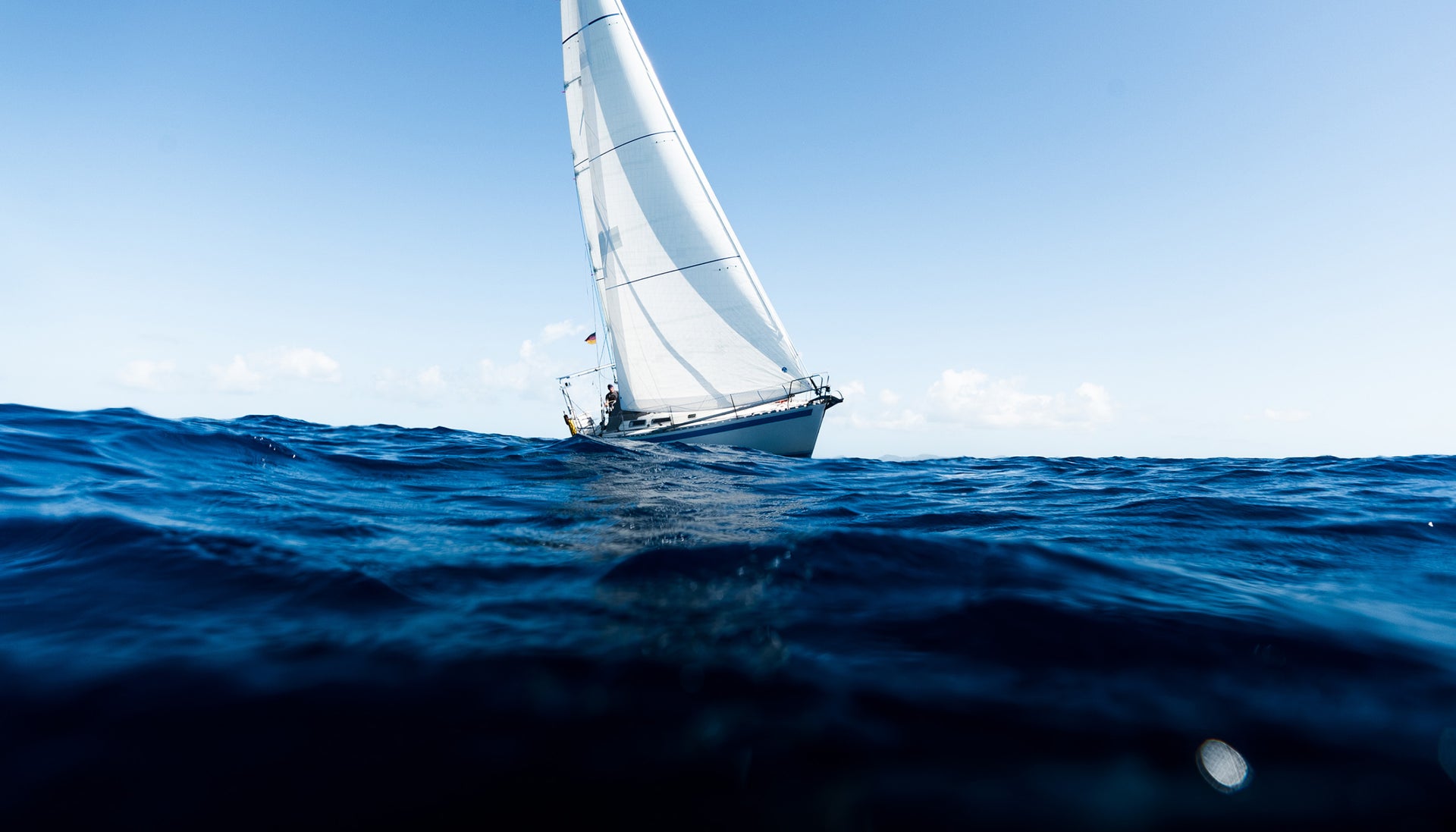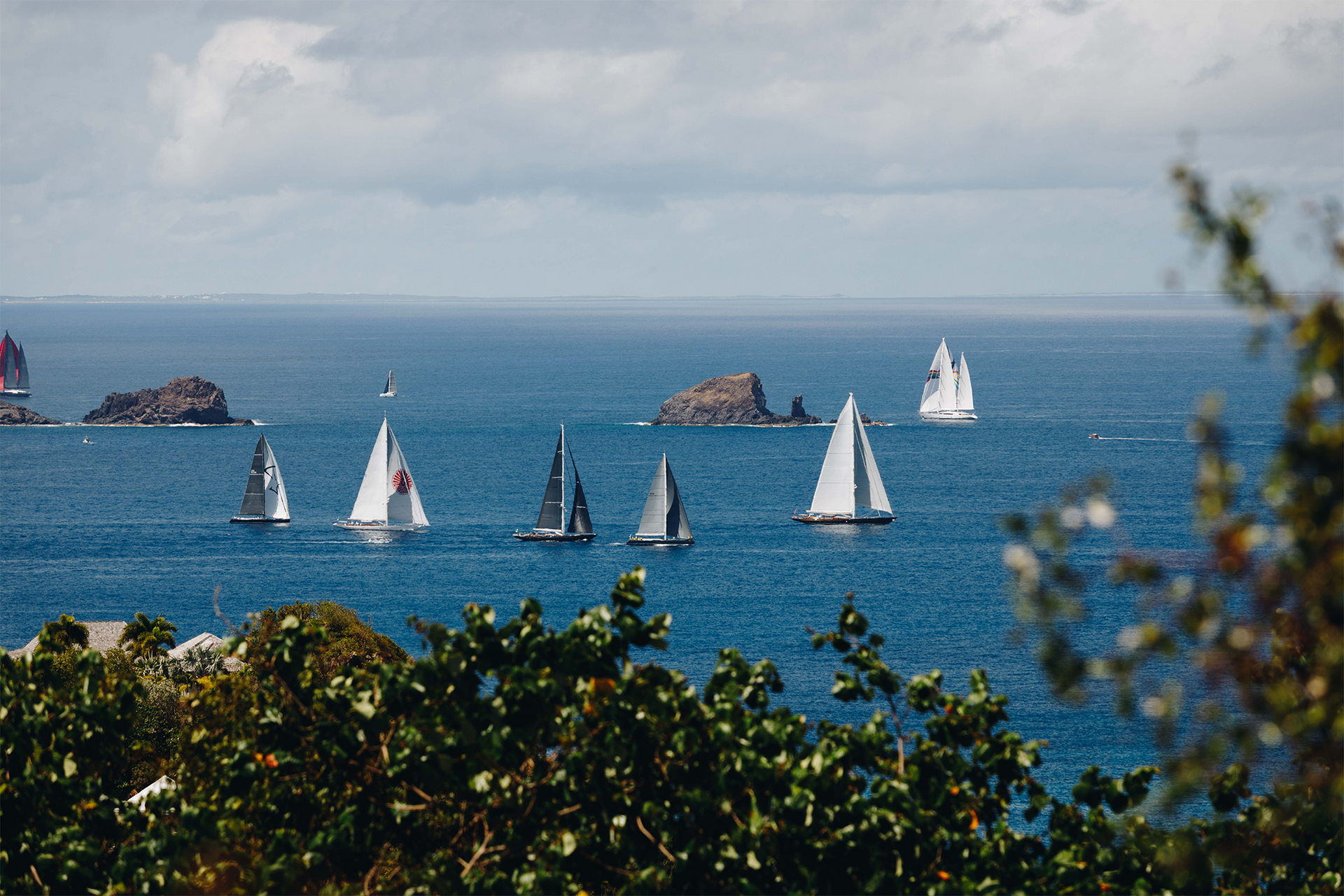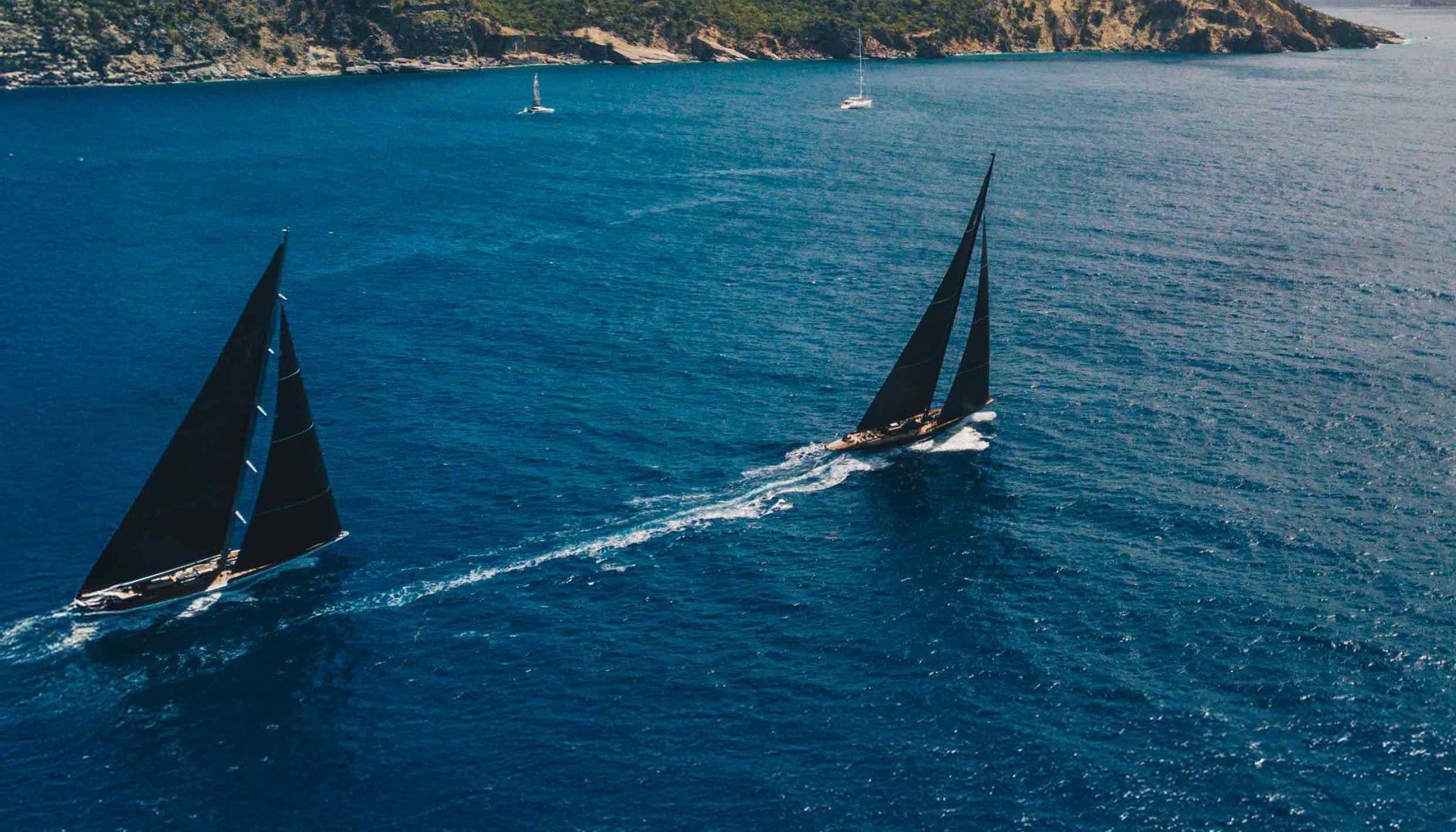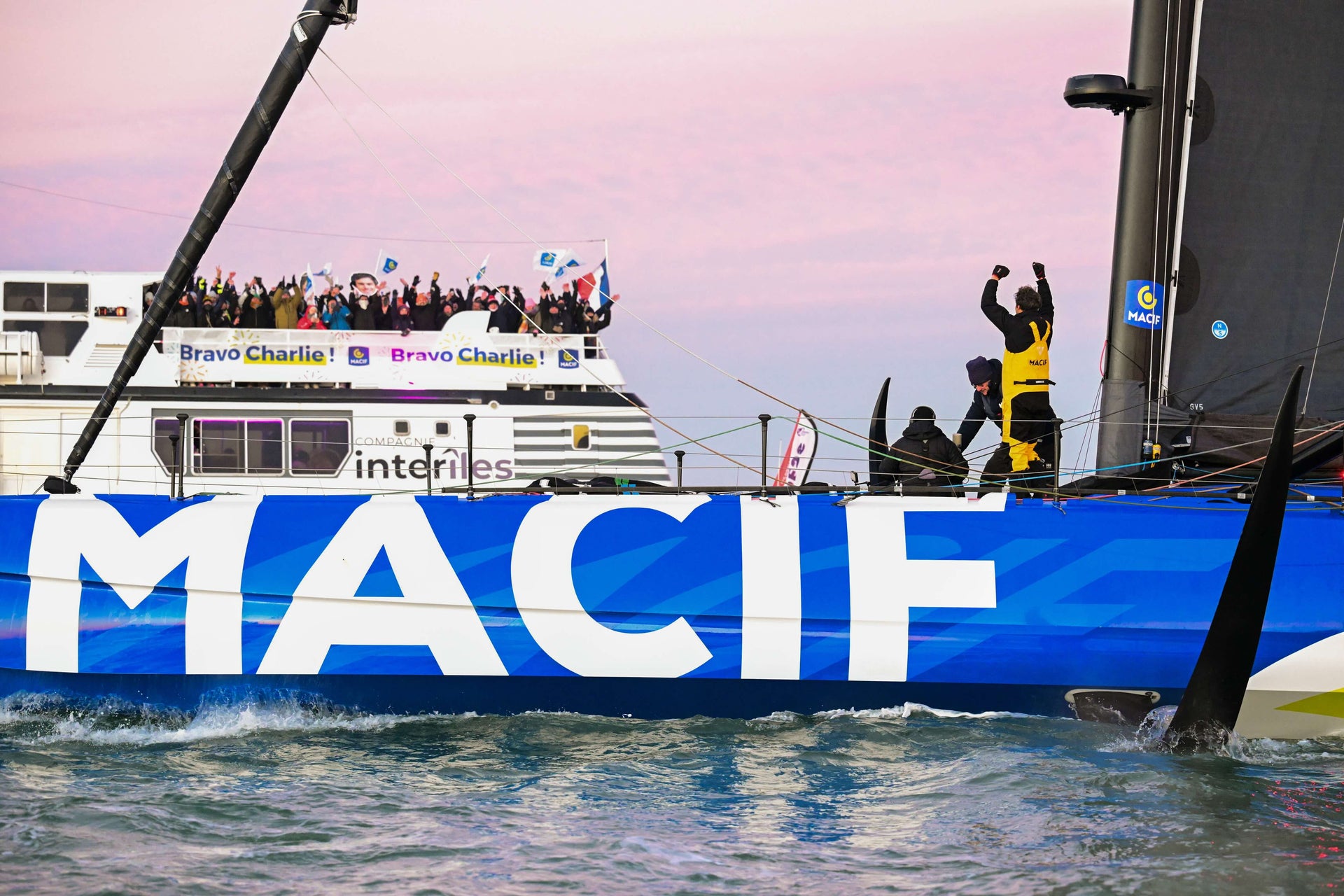#NSVICTORYLIST: RORC TRANSATLANTIC
#NSVICTORYLIST: RORC TRANSATLANTIC
Powerhouse Trio on Class40 Palanad 3 Wins Overall

Olivier Magre and son Antoine launched their brand-new Class40 Palanad 3 in June of 2020 with an ambitious plan: compete in the RORC Transatlantic and the Caribbean 600. Combined with a full season of Class40 racing in 2021, those two events would provide the miles needed to qualify for Olivier’s ultimate goal, the 2022 Route du Rhum.
The Class40 is designed to sail shorthanded, and Olivier finds three to be the lucky number. First, he signed on Corentin Douguet, a well-known Figaro racer, brilliant with weather and strategy. Next, he asked Luke Berry, a young, strong sailor who usually races on his own Class40 and would be the perfect fit and go up the mast when needed. Youth strength plus experience: it turned out to be a winning combination.
“Everyone can do every job, and with the talent we had onboard, we were able to make all the right moves at the right time.”
The RORC Transat was a great chance to test the boat’s downwind sailing potential“, said Olivier. “We had strong competition with Redman, and it was a lot of fun to get to know the boat more and see how hard we could push her.”
Class40s have rounded bows (like Scows), and the design is built for pure speed. Antoine explains, “With all weight focused aft and an eight-degree mast rake, it looks like a windsurfer.” Boat speed is comparable to an IMOCA, Olivier adds. “We hit 27 knots during the Transat. Even on our trip to the starting line in Lanzarote, we saw 28-29 knots. Impressive! Our average speed over ten days was 14 knots. It feels effortless to sail this boat fast, nonstop. It’s a lot of fun!”
Check out what the race was like onboard. 📹 Courtesy of Luke Berry.
Olivier and Antoine both credit the support they received from North Sails experts to get the new boat up to speed. Palanad 3 is equipped with a 3Di RAW 760 main, J1, and J2. In addition, they have an A2, A5, A6, and a FR0.
North Sail expert Alan Pennaneach joined him for the 2020 Dhream Cup and was involved in every step, including onboard training, testing systems, and fine-tuning sails and trim. “We’ve been delighted with our experience and our partnership throughout our program development,” Antoine said. “The feedback is helpful and constructive, the customer service is great, and the sails have not disappointed. It’s been a very positive experience.” Laurent Tilleau, who recently retired, was also a significant part of the Magre’s North Sails experience as they raced together for several years on previous boats.
“The feedback is helpful and constructive, the customer service is great, and the sails have not disappointed. It’s been a very positive experience.”
Olivier’s son Antoine first sailed with 3Di in 2013, and he was impressed, so a new suit of sails from North for the new boat was a must. “The stiffness provides a better feel on the helm, and of course, more durability over time. Our first suit of 3Di lasted 3-4 seasons, and we pushed them hard. With a proper service plan in the off-season, too, our sails were in perfect condition every time we needed them.”
3Di is also lighter and easier to handle than traditional sail materials, both on and off the boat. The weight difference was even more apparent when helping another Class40 with their sails. “We were shocked about how light ours were, after picking theirs up.”

Both father and son enjoy the Class40’s camaraderie. “Before events and after training sessions, we discuss sail selection and design, sail shapes, rig setups– there is a ton of exchange and collaboration, which is why the Class40 is such a great class to be part of.”
Palanad 3 had three crew members on board for the RORC Transatlantic. After the first six hours, they took watches of two hours on, two hours off. For sail transitions or maneuvers, it was all hands on deck. “The Class40 is built for racing,” said Olivier. “The boat designer didn’t care about comfort, so cooking is still a work in progress for us.” With a jet boil for hot water and no water maker, the only hot meal options were freeze-dried or boil-in-the-bag food. “We definitely don’t go sailing for the food,” said Olivier, “but we also enjoyed cold salads with rice and tuna, especially good in the warm weather.”
He said there were two critical things to Palanad‘s Transat victory: the start and avoiding the wind shadows under the Canary Islands, and avoiding sargassum seaweed whenever possible. The tradewinds were stronger farther south, but that’s where the seaweed patches were much thicker, so they planned out their route carefully. “Every 20 minutes, we had to do a weed check,” said Olivier. “The best method we found was to broach the boat intentionally to knock it all off.” For future races, they plan to add a kelp cutter.
All around, the team is composed of seasoned talent. “Everyone can do every job, and with the talent we had onboard, we were able to make all the right moves at the right time,” said Olivier.
With over ten new boats launching this year, the Class40 will only get more competitive and more exciting for all involved. Olivier and his crew hope to get as much time in the boat as possible this year in preparation for the 2022 Route du Rhum.
“We had planned to sail the Caribbean 600, but it was canceled,” Antoine explained. “So Palanad 3 is now headed back to Europe.” The team will start training for the Normandy Channel Race in April, followed by scheduled racing, the Rolex Fastnet in August, and then potentially the Transat Jacques Vabre. “The end goal is the Route du Rhum, and I am sure there will be plenty of smaller races in between to continue to improve on the boat,” said Antoine. “We’ll work hard to keep our training going whether events still go on as planned or not. It’s all about sailing the boat fast–and we’ve got some pretty high expectations!”

